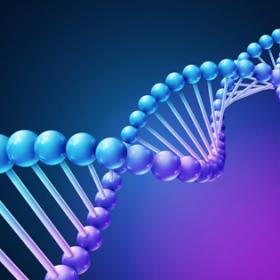Rare diseases study for Scotland

The Scottish Genomes Partnership (a collaboration between Universities of Edinburgh, Aberdeen and Glasgow, four regional Clinical Genetics Units and four Genetic laboratories commissioned by NHS National Services Scotland), has signed up its first recruits in a study which will sequence the entire genome of 1000 people, including 330 who have rare diseases. Using advanced computing to link genetic data with patients’ health information, scientists hope to pinpoint differences in their DNA code that may be responsible for their condition.
Around 3.5 million people in the UK are living with a rare disease caused by a faulty gene, such as muscular dystrophies, rare forms of intellectual disability and rare inherited neurological problems. Although each disease affects fewer than one in 2,000 people in the population, there are between 6,000 and 8,000 known conditions which are often chronic and life-threatening. Doctors are describing new disorders every day but many people still do not receive an accurate diagnosis for their condition.
Professor Tim Aitman (Director, Centre for Genomic & Experimental Medicine), Co-Chair of the Scottish Genomes Partnership, said: “Genomics has come a very long way since the publication of the first human genome in 2001. This collaboration enables the investment made by the Universities of Edinburgh and Glasgow in the latest genome sequencing technology to make a direct and immediate impact on the healthcare of patients in Scotland. We look forward to working on this ground-breaking project with our partners in NHS Scotland and Genomics England.”

